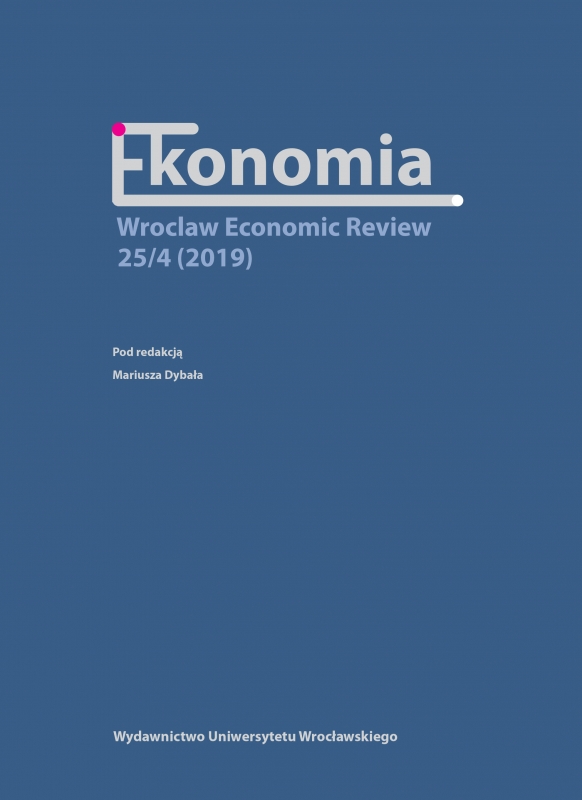

Artykuły

Consumption adequacy of pension systems in post-Soviet countries in 2005–2017
Adequacy, together with stability and modernization, are the goals which are set for pension systems by many researchers from various scientifi c disciplines. This is because more and more countries struggle with the problem of providing adequate fi nancing for social transfers, including pensions. This means that despite paying contributions for a signifi cant part of life, many citizens receive a low pension at the end of their working lives. Therefore, it is important to maintain the standard of living from earlier years. Consumption adequacy is responsible for this, which helps to smooth the consumption in the last period of the individual’s life. This aspect is also important due to the decline in the value of benefi t during its collection despite valorization and, at the same time, the growth of some needs along with the retiree’s age including care services. The aim of this article is to organize particular pension systems in post-Soviet countries in terms of consumption adequacy from the most adequate system to the least understood as smoothing consumption. In the next step, there will be an attempt to evaluate the indicator. This work employs a critical analysis of the literature on the subject, as well as a comparative analysis. The source of the empirical data is the statistical offi ces of the individual states, which were created after the collapse of the Union of Soviet Socialist Republics USSR. The research shows that the Baltic States have one of the most adequate pension systems from the studied group of countries. Only fi ve of them meet the requirements of the International Labor Organization. None of the analyzed countries in 2017 had a replacement rate above 50%.